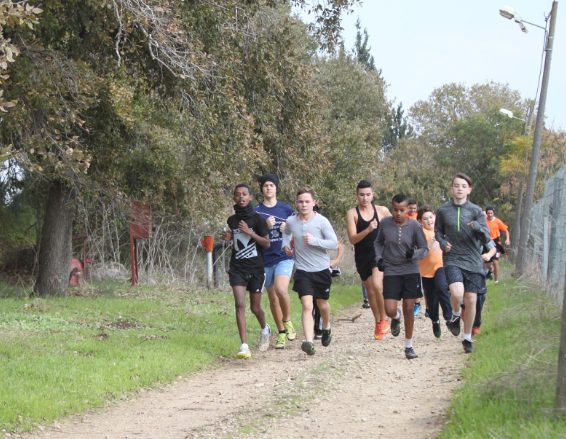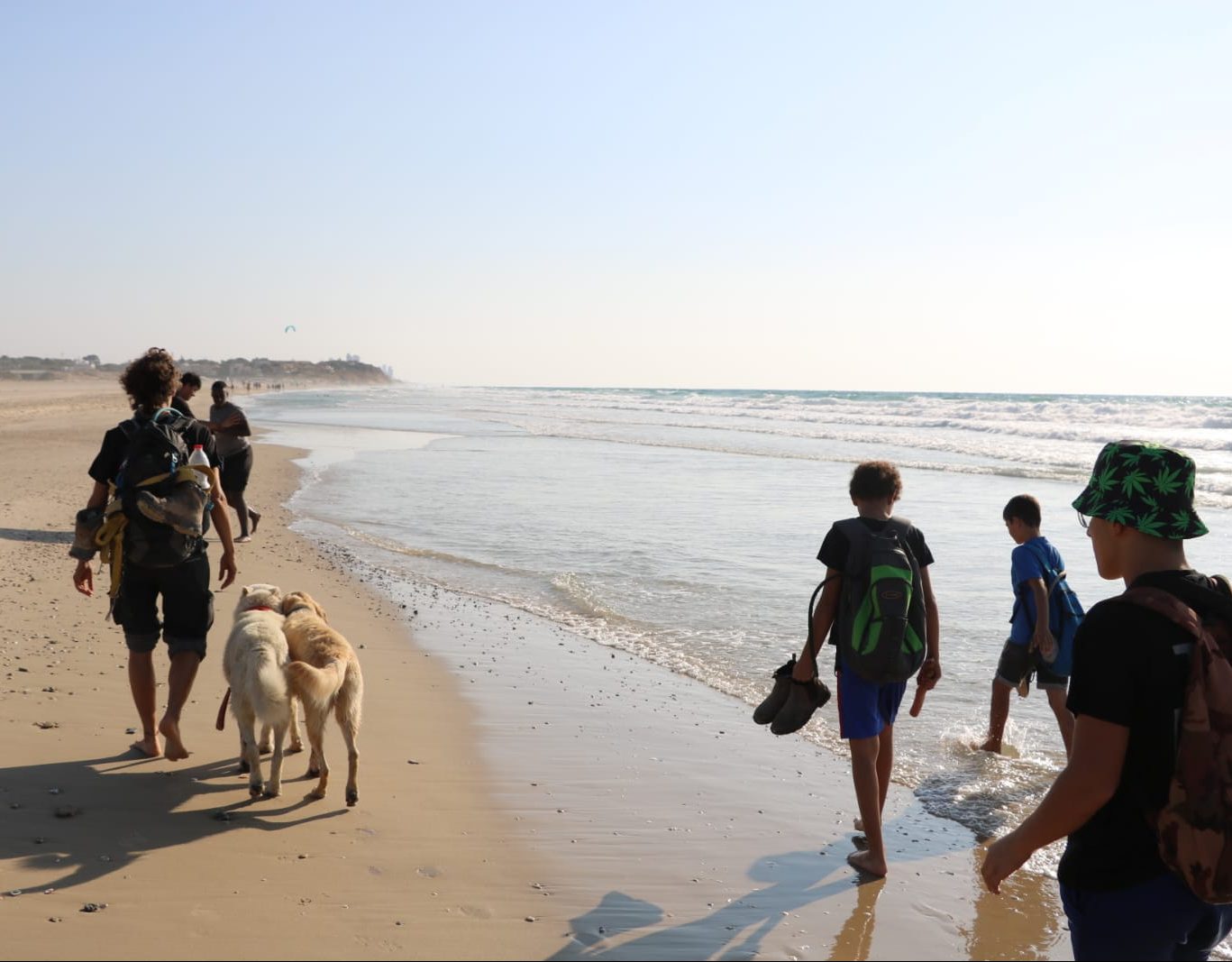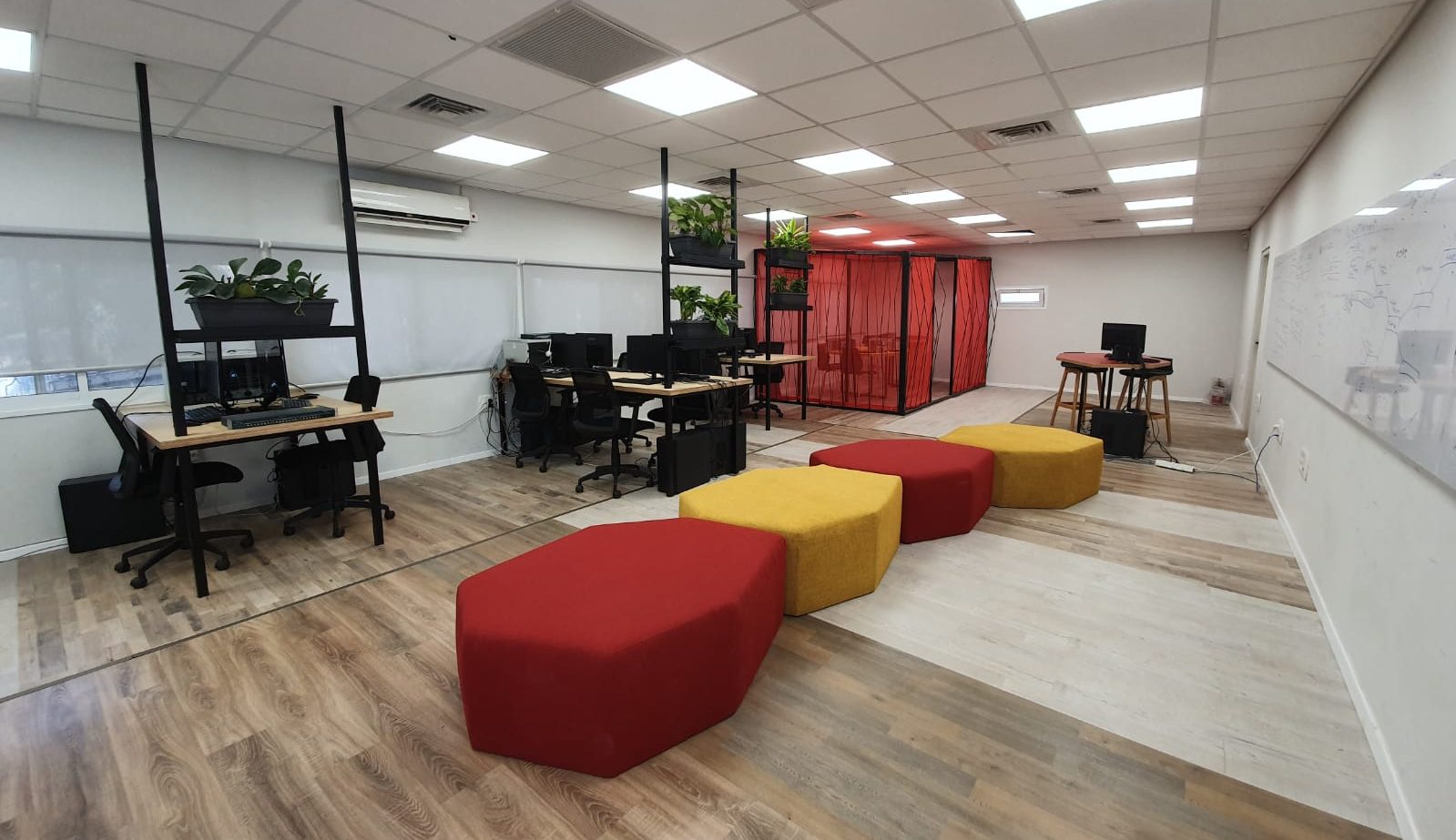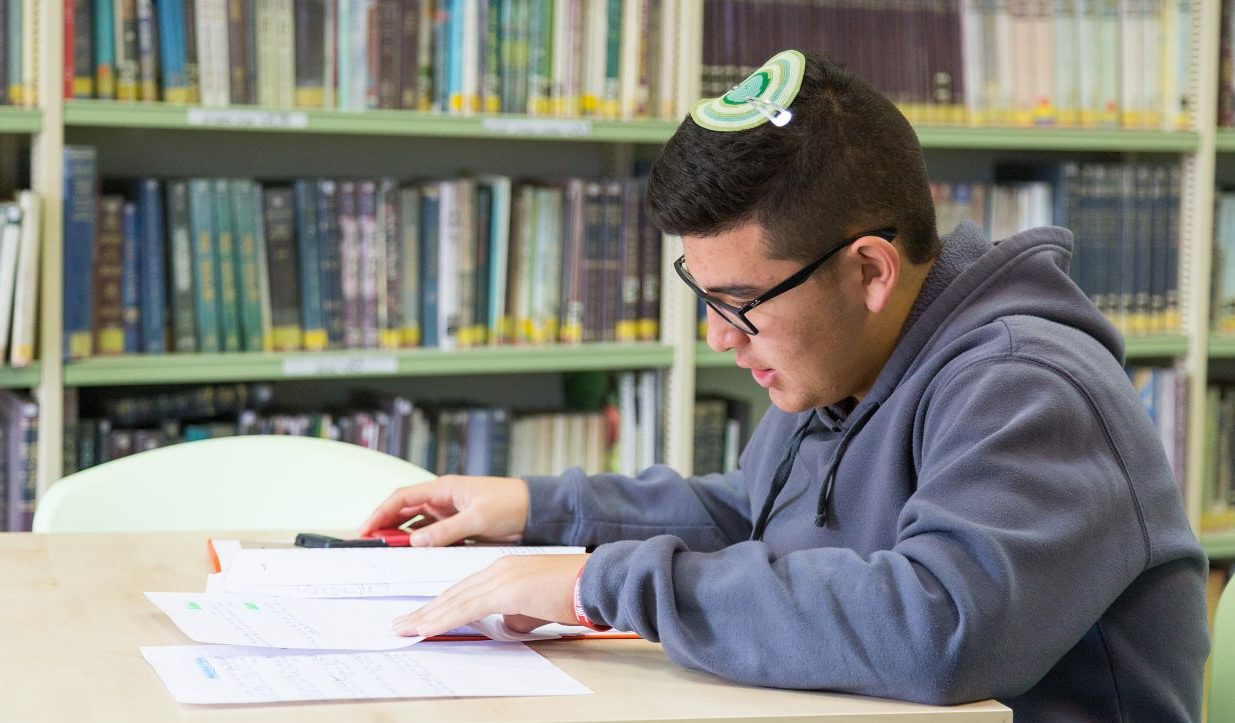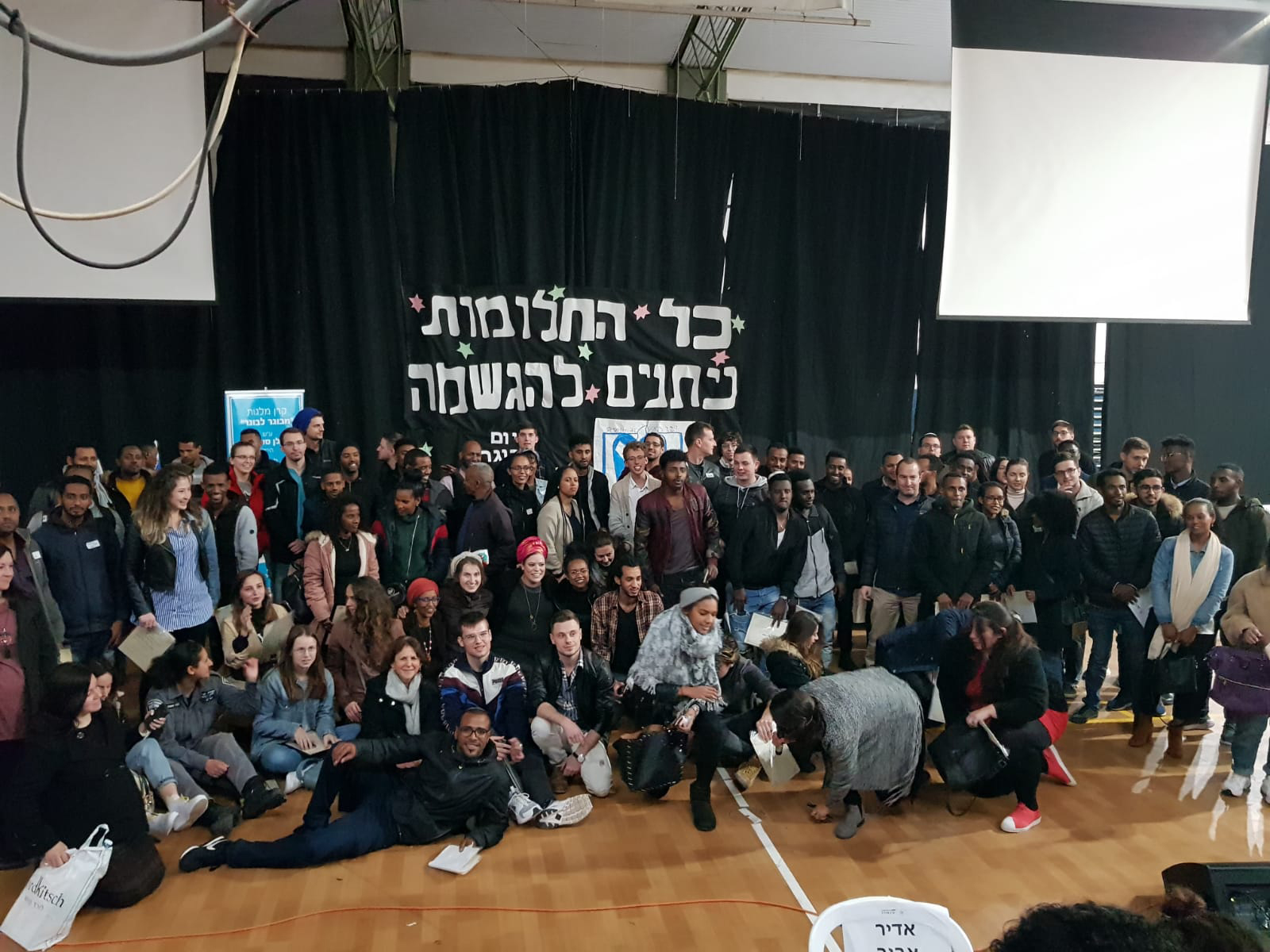
A rosé future
March 1, 2020
Pesach appeal 2020
March 17, 20202020 village catch-UP
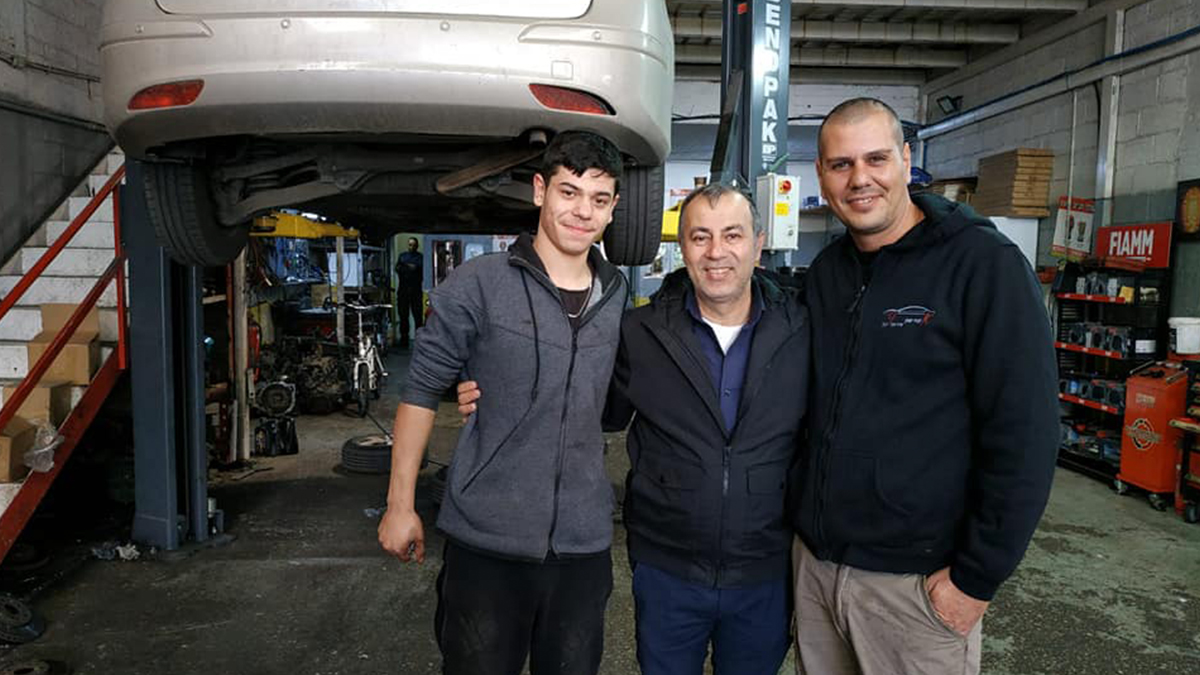
The Village Way
Over the course of nearly nine decades, we have developed a pioneering educational approach called The Village Way.
This unique and ground-breaking programme gives children from challenging backgrounds the opportunity to thrive through adolescence into adulthood. Educators work to find the key to unlock each child’s potential, allowing them to heal and break the cycle of poverty and neglect. The Village Way has been so successful in our five youth villages that over 55 educational communities across Israel have undergone the intensive process of adopting The Village Way approach, supporting 22,000 children at risk. By following this proven methodology, these organisations are not only changing the lives of their students but also their community at large. In this section we look at how The Village Way methodology is currently having a positive impact across our five villages.
Aloney Yitzchak
Located on a nature preserve south of Haifa, Aloney Yitzchack’s staff try to help the students take full advantage of the beautiful surroundings. Students are now being trained to give tours of the local nature preserve, and parts of the youth village too. They also regularly go walking on the local trails. On one recent family shabbat, parents of the students came to learn about their children’s everyday lives and the philosophy of the village. As part of the programme, they went hiking together with their children and staff, strengthening the bonds between them.
The programmes at Aloney Yitzchak are designed to capture the interests of the youth at the village, so when students recently expressed an interest in running, we set up a marathon training group. Several dozen kids now train every other weekend with a professional marathon coach, and also have classes on nutrition and how to live a healthy lifestyle.
The staff is also working hard to fully make use of all the buildings in the youth village. With the generous donations from UK supporters, our newly renovated library has gone a long way to providing an exciting place for students to come together and learn. In recent meetings with staff, parents have noted how the modernised space has given them even greater confidence in the village.
Talpiot
Until four years ago, Talpiot was home to at risk children aged from 5 to 15. Although this meant hundreds of children could live in safety, heal and attend local schools for up to ten years, things became disruptive and complicated for the students when they turned 15, as they then had to be moved to other locations and schools. However, following some big changes in 2016, children are now able to live in the village until the age of 18.
Talpiot now works with over 300 young people from the ages of 5 to 18, hosting a mix of residential students as well as local youth who come for after school programmes and activities.
Recently we waved a fond farewell to the village’s first graduating class, as eight students left Talpiot with their Bagrut, the Israeli high school exam certificate required for higher education courses.
For those needing a little extra academic support, the new Ability Programme has also been developed, together with the Ministry of Education, to provide students with personalised lessons.
The older children at Talpiot are enjoying a new survival trip programme, where once a month they go out into nature, learn teamwork skills and build their confidence. Many are also participating in the new Safe Future programme, where they learn hairdressing, nails, cooking and baking skills from professionals. The recently built hairdressing suite, kindly donated by Irving and Gillian Carter, has given young people a dedicated place to learn and hone their skills in a real-life work environment.
Neve Hadassah
This year, your support has contributed to the development of two new, modern and interactive classrooms at Neve Hadassah, a spacious, green youth village near Netanya. In creating both spaces, Neve Hadassah aimed for students to have an opportunity to improve their academic achievement and build a solid foundation so they can integrate into Israeli society as adults.
Over 100 children learn every day in the new Strategia classroom that focuses on teaching entrepreneurship, and research and development skills in agriculture.
The staff also saw the need for a dedicated space to cater to children with special educational needs. The new individual classroom gives students a chance to advance academically and achieve new milestones in their learning journey. With lessons tailored to how each child learns best, they are instilled with new confidence and enthusiasm.
TOM
Thanks largely to the generosity of Youth Aliyah Child Rescue’s donors in the UK, TOM has been able to complete a much-needed renovation of its residential facilities and communal spaces.
Since the students have started using the improved premises, staff have witnessed a real change in the way the students approach their studies.
The village, geared toward boys from religious backgrounds, offers a secular and Torah education, so students can find their place in Israeli society as adults whilst still remaining close to their religious values.
A new agriculture programme called Merhavim also began this year for students in grade nine. The boys work the land, while developing self-confidence, a sense of responsibility and commitment. The programme also includes course work so the students can receive their high school diploma at the end of their studies.
Yemin Orde
Last month, the youth village hosted an alumni day, with 94 graduates returning to visit and meet with current students. In small groups, the young people were able to learn about the former students’ journey into the army and higher education after they left. They were able to hear first-hand how young people like themselves have been able to overcome a challenging childhood and, with the help of Yemin Orde, achieve their dreams.
The youth village, located near Haifa and home to around 450 at risk and immigrant children, also welcomed the families of its students for an open day just before Chanukah. Parents, who travelled from around Israel, received a detailed report of their children’s successes, met the staff and had the opportunity to see how their children spend their days.
For parents who live overseas, mainly in the former Soviet Union, Yemin Orde organised Skype video chats so they could see their children in their new home.
Israel’s President Ruvi Rivlin wrote a letter of recognition, stating that, “Most of you have come from different places all over the world, and I am happy and excited that you have chosen such a new path to become part of Israeli society.”
